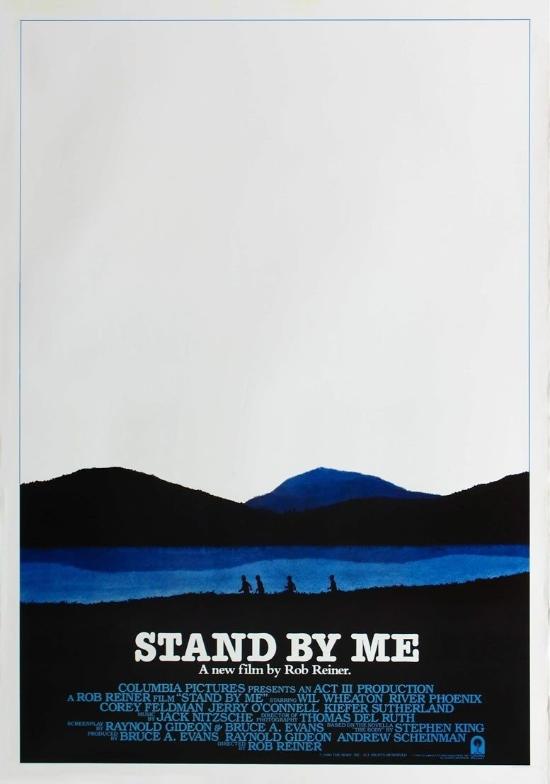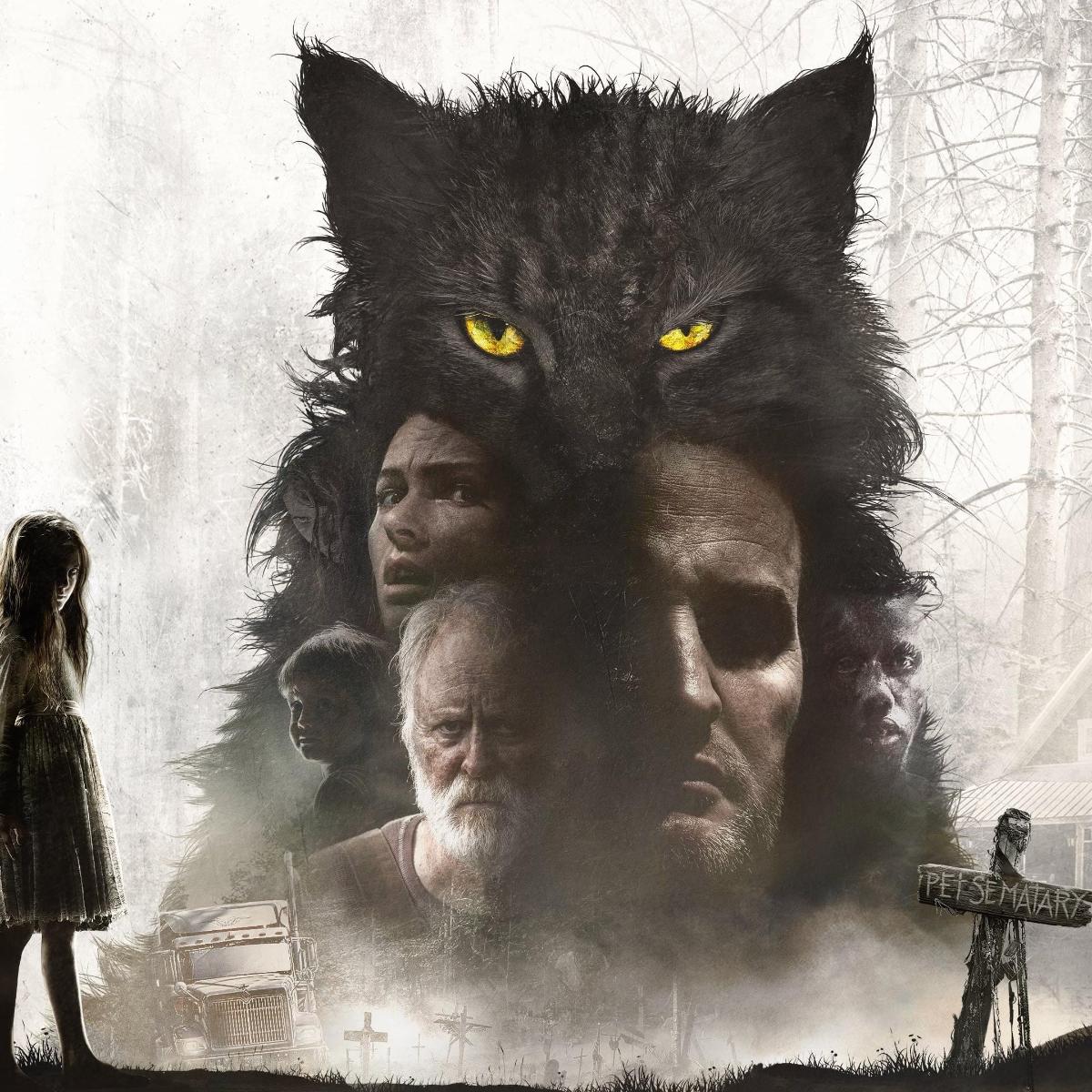I won’t cry, I won’t cry,
No, I won’t shed a tear.
Few films capture the sharp ache of the end of adolescence quite like Stand By Me. It doesn’t so much tell its story as reminisce with the audience, with all the warmth, guilt, and strangely specific details that memory can conjure. Adapted from Stephen King’s The Body, Rob Reiner’s 1986 film embraces the author’s departure from supernatural horrors for the everyday ghosts of childhood, finding something far more haunting in friendship, loss, and the impermanence of innocence.
The plot is deceptively simple. Four boys: Gordie (Wil Wheaton), Chris (River Phoenix), Teddy (Corey Feldman), and Vern (Jerry O’Connell) set out on a two-day trek to find the body of a missing boy rumoured to have been hit by a train and now lying somewhere in the woods. But Stand By Me isn’t a story about the grisly discovery of a corpse; it’s about what’s gained and lost along the way. The dead child is a MacGuffin, the adventure a motivation for the boys to walk the liminal border between being kids and being something else; not yet adults, but already aware that the world isn’t built for them. It’s still recognisably King’s world, but the menace and monsters are all natural, and Reiner directs it with an understanding that drama needn’t be loud to be lasting.
As an adaptation, it’s a marvel of translation. The Body is one of King’s most personal works, sardonic, nostalgic, tinged with survivor’s guilt, and Stand By Me distils it into 90-minute cinematic shorthand without losing the inner voices that drive the novella. The adult Gordie’s narration, provided by Richard Dreyfuss, keeps King’s bittersweet introspection intact, framing the story as an act of remembrance rather than retelling. The film softens some of the source’s darker textures but never sanitises them; it’s a gentler perspective on Stephen King, but not a dishonest one. The spectre of mortality still looms over every joke, every insult, and every campfire moment. Reiner seems to understand that sometimes King’s truest horror isn’t found in the supernatural but in the moment you realise you’ve taken your first steps outside of your childhood and there’s no turning back.
The performances are everything to Stand By Me. Without them, the simple story remains just that. Phoenix’s Chris is a revelation – a bittersweet one now in hindsight – all wounded bravado and quiet yearning, a boy already rehearsing adulthood without the luxury of trust. Wil Wheaton’s Gordie anchors the film with understated gravity, his grief for his dead brother simmering just beneath the surface in a performance far richer than many of his appearances on Star Trek The Next Generation would afford him while Feldman and O’Connell complete the quartet with equal parts humour, heart and sass, making the gang’s dynamic feel utterly authentic. Their camaraderie sells the nostalgia, but their frictions give it truth as the film sets out not to idealise boyhood but eulogise it.
Reiner manages to concoct a particular alchemy in Stand By Me’s tone, balancing profanity and poetry. One moment the boys are arguing about cartoon logic or swapping filthy jokes, and the next they’re standing silently by a railway track, dwarfed by the landscape and overshadowed by their own futures. It walks this tonal tightrope effortlessly, feeling timeless because it understands how time actually works when you’re at the mercy of the uneven rhythm of growing up and even its 1950s setting, complete with period-perfect slang and the hum of a jukebox score, feels less like nostalgia and more like collective memory.
If King’s work often asks what happens when innocence meets evil, Stand By Me asks a subtler question: what happens when innocence meets experience? It’s a story about friendship, yes, but also about class, grief, and the minor violences that shape who we become. Its emotional precision is why it endures, because it recognises that everyone carries their own version of that journey into the woods.
Nearly four decades on, Stand By Me remains the most tender of Stephen King’s adaptations and perhaps the truest. It may not scare you, but it will linger in that rarer kind of haunting that slips into the bloodstream and stays there, humming softly like a song you can’t quite forget.











